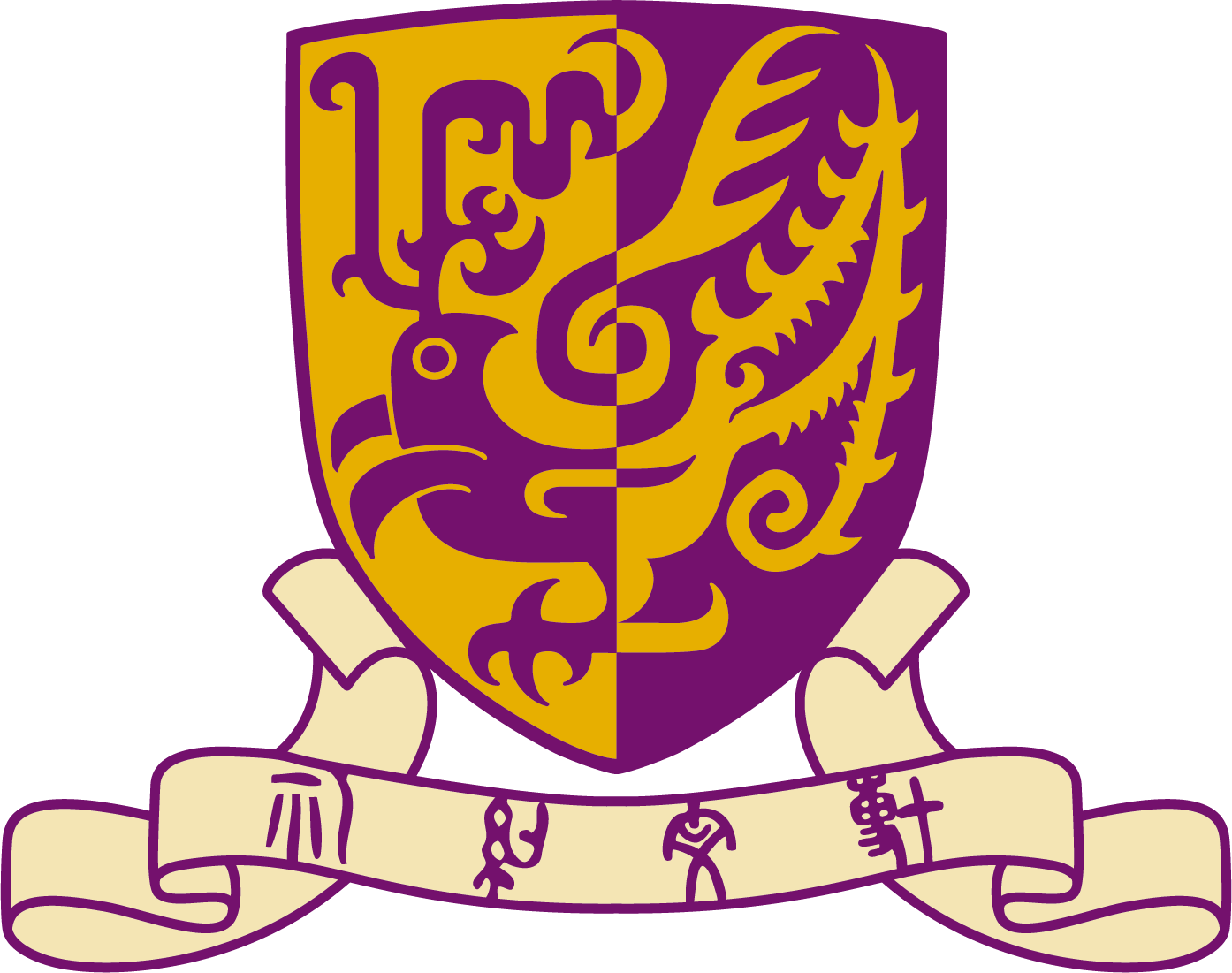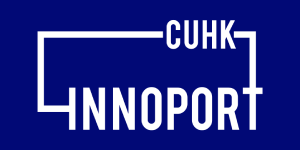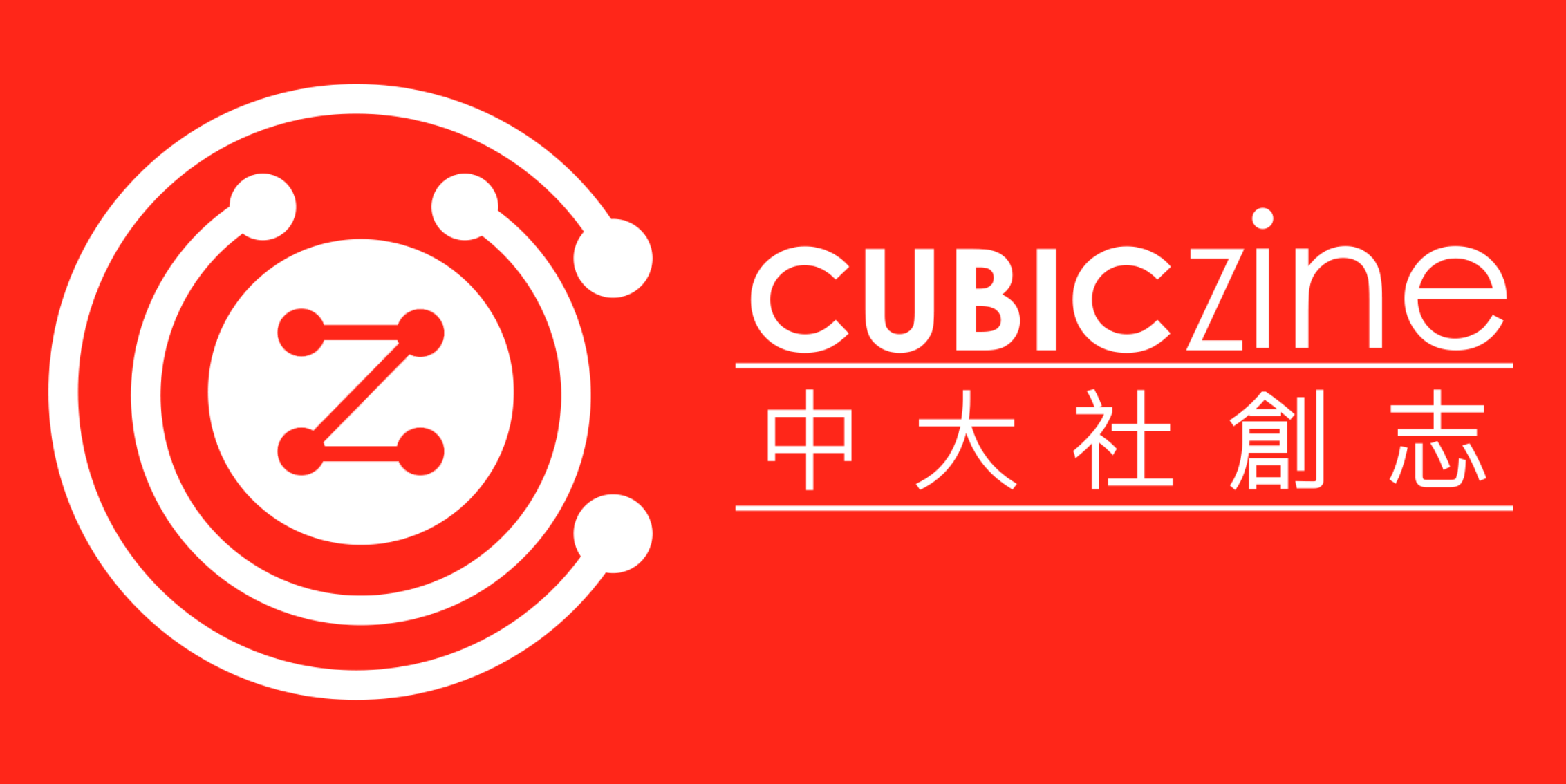Personalized voluntary services and information dissemination for rare disease patients
Prof CHAN Ho Yin Edwin
- Rare disease patients (100)
- Family members of rare disease patients (100)
- Volunteers (300)
Personalized voluntary services and information dissemination for rare disease patients
Prof CHAN Ho Yin Edwin
Rare disease patients face challenges in their daily lives and psychological well-being, and existing public platforms are not efficient in connecting their needs with potential volunteers. On the other hand, providing disease-based education topatients and their families can help optimize their choice making. In society, potential volunteer groups may be interested inunderstanding the causes of rare diseases, contacting patients and providing personalized assistance services, but they haveyet to take action due to the complicated volunteer registration processes of charitable organizations or mismatch of thevoluntary activities provided.
We aim to establish a targeted service and education network platform, specifically designed to provide efficient,We aim to establish a targeted service and education network platform, specifically designed to provide efficient,personalized assistance, companionship, and education for patients with rare diseases such as cerebellar ataxia andHuntington's disease. Through a volunteer service map, patients and their families can independently post their needs forvolunteers, while potential volunteers can promptly find recruitment information of interest in their vicinity.
This largely reduces the matching cost between the personalized needs of patients and the interested volunteers. At the same time,volunteers can use the platform to learn relevant knowledge and guide the patients to understand their own diseases andavailable resources while providing personalized assistance. As for long-term impacts, besides meeting the daily or special needs of rare disease patients and reducing the psychologicalAs for long-term impacts, besides meeting the daily or special needs of rare disease patients and reducing the psychologicalstress on affected families, this platform also intends to increase rare disease patients' understanding of their conditions,enhancing their willingness to undergo testing, and providing data for further rare disease research. It will also help to raiseawareness of rare diseases in society through public education, advocating for more diagnoses and medical resources forpatients. If suitable, the project can also be generalized to help other patients in need.
- Rare disease patients (100)
- Family members of rare disease patients (100)
- Volunteers (300)
2024
Healthcare




